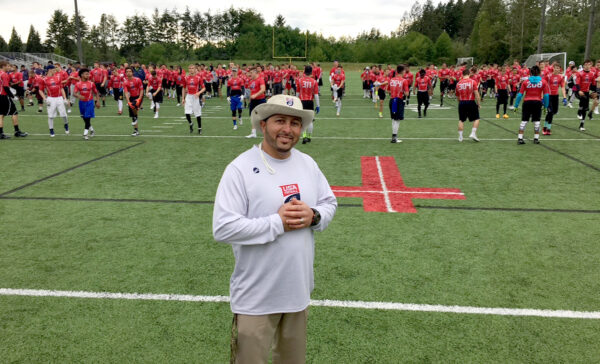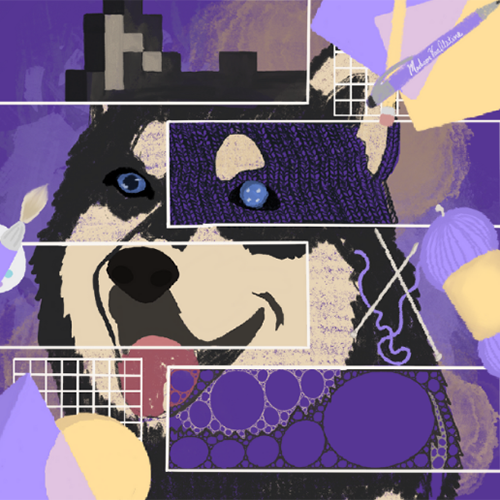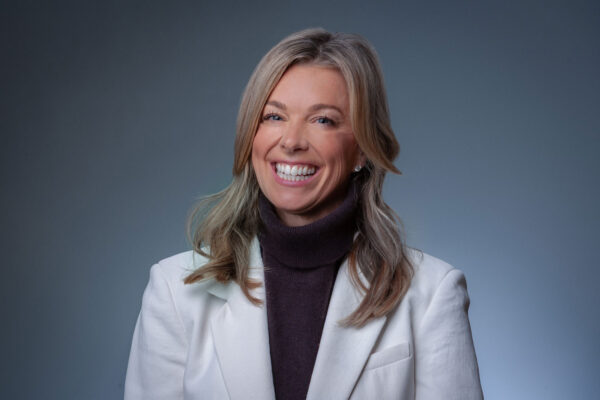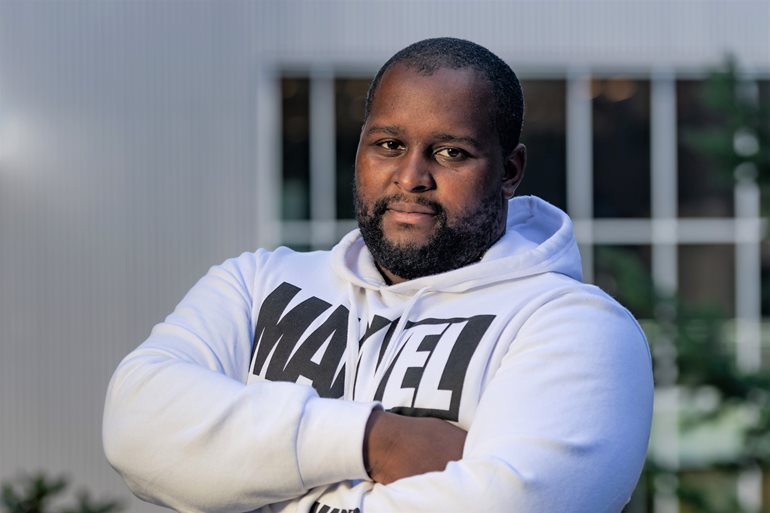
By Douglas Esser
Andrew McDonald is an Interactive Media Design (IMD) major with a Computer Science & Software Engineering minor. He knows how to design and program apps with technology such as augmented reality (AR).
He also knows when not to include all the complicated or expensive features.
“Sometimes with technical things, you can focus on the technology too much because it’s cool,” McDonald said. “Part of my knowledge in tech is knowing when to use something big and when to use something small.
“You don’t always have to do something complicated for every problem.”
Combating mosquitos globally
So, AR is not a feature of a game that McDonald helped develop to help fight mosquito-borne diseases. It’s intended to be playable on inexpensive phones.
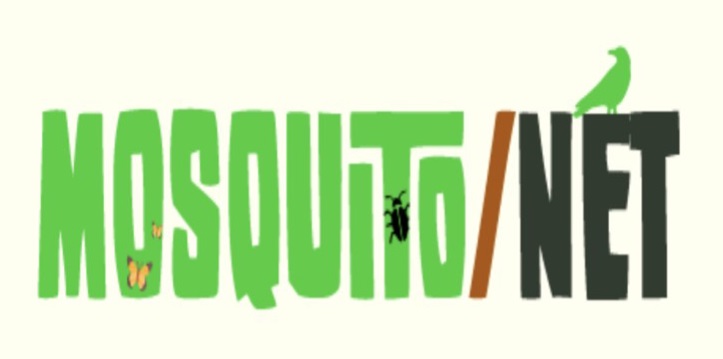
“Our goal is to get this in the hands of as many people as possible,” McDonald said.
Called mosquito/NET, the app is a new citizen science game that educates and collects real data about a place. Players start by claiming a territory. They remove standing water, where possible, and identify any mosquito larvae they see. They submit data to a global database: location, the types of mosquitoes and the number of larvae.
The overall goal of the game is to gather some of the information scientists need to reduce the rate that mosquitoes can transmit bacteria, viruses and parasites that cause malaria, Zika and other diseases.
The game, available in the App Store and Google Play, is continually being upgraded. The latest version allows users to track sightings of birds, animals and other insects, which demonstrates that mosquitoes are part of an ecosystem. Another new feature connects to real world geographical features.
Playing science games
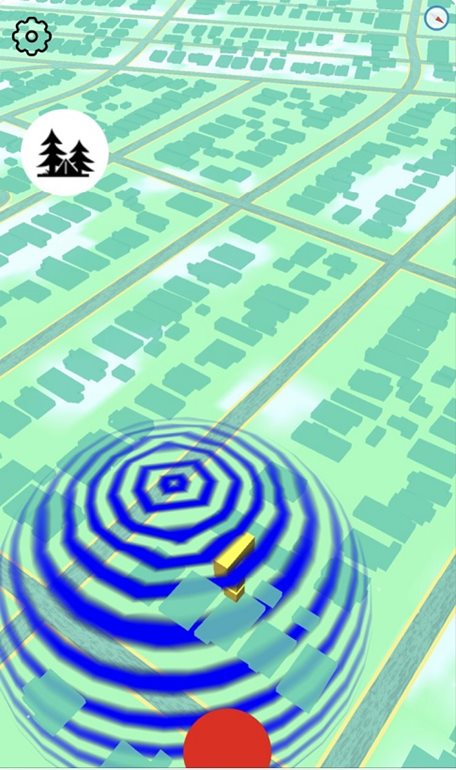
mosquito/NET screen
The mosquito/Net game is the latest app McDonald has developed under the mentorship of Dargan Frierson, an associate professor in the Department of Atmospheric Sciences at the UW in Seattle. They connected through EarthGames, a community of researchers, game developers and students who adapt science into games that can teach and inspire.
McDonald first designed and programmed a game called The Other World. He put AR overlays on the real-time camera view of the UW campus in Seattle to illustrate potential climate disasters in a fictional world faced with environmental and social problems similar to our own.
Some of his AR effects showed Red Square under water and Drumheller Fountain covered in a swarm of locusts.
“I love working with Andrew because he’s absolutely fearless with trying out new technology and is a fantastic programmer,” Frierson said. “He’s also got a great aesthetic and sense of humor, which shine through in his games.”
Mary Gates, CoMotion support
In winter 2019, McDonald received a Mary Gates scholarship for another project he undertook with Frierson. Called Eco-nomy Go, it was going to be another AR app for environmental education. Before it was completed, however, the work transitioned into the mosquito/NET game.
Getting the research scholarship was instrumental in advancing his project, McDonald said. The competitive scholarship, which supports undergraduate work with UW faculty, provides a $5,000 award disbursed over two quarters.
“A lot of people can be great, but the world ties them up. There’s so much required of us already that we can’t explore what we have inside of us,” he said. “When you get a financial push, it really allows you to express yourself, allows you to be more daring and risky.
“Those risks find innovations,” he said.
McDonald participated in the mosquito/NET team through an Innovation Fund grant from CoMotion, a part of the UW that expands the university’s impact by connecting research to the economy and society.
The ability to impact
McDonald has a tech background that includes six years in the Navy, most of it as a sonar technician at Oak Harbor. He attended Seattle Central College and the UW in Seattle before choosing the IMD major at the University of Washington Bothell in 2018. The major combines disciplines from the School of Science, Technology, Engineering & Mathematics and the School of Interdisciplinary Arts & Sciences.
Now a senior, McDonald is working on still another app. It’s an IMD capstone project called Slant that would be a forum for people to share opinions.
After graduating in June 2020, McDonald plans to work at a tech company for a couple of years for more experience and then “start my own thing.”
“If you have the ability to impact the world positively,” he said, “you should.”
